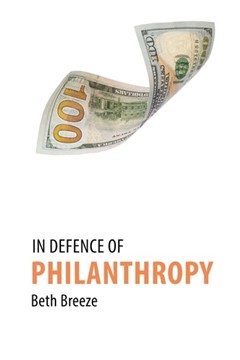The College Donor Digest
From the Bookshelf: The Mystery of Capital: Why Capitalism Triumphs in the West and Fails Everywhere Else—Hernando de Soto
July 19, 2023 | Emily Burden Rees
Charitable giving is tied closely to a nation’s economic prosperity. Philanthropists (and economic novices like yours truly) who are interested in the process of wealth creation will find The Mystery of Capital: Why Capitalism Triumphs in the West and Fails Everywhere Else an instructive read. Peruvian economist Hernando de Soto (not the explorer, alas) explains how the West became prosperous by codifying the property rights of untitled real estate and businesses.
The “West,” defined by the author as the United States, Canada, Western Europe, and Japan, underwent rapid economic growth in the last two centuries by creating and instituting formal property law, which incorporated existing property and land agreements into national systems. With this infrastructure, assets in the West can lead an “invisible life,” producing surplus value over and above their physical properties. Houses can be collateral for business loans, businesses can accept investment from strangers, and loans can be pooled together for asset-backed securities.
Although the West underwent this economic transformation in the last 200 years, developing nations are only experiencing this process now. Mr. de Soto estimates the value of untitled real estate and property in third-world and former communist countries at more than $9.3 trillion U.S. dollars. These “dead assets” do not exist in these countries’ legal systems. Owners are untitled and unprotected, unable to secure business loans, sell shares, or merge companies.
It is not mentioned by Mr. de Soto, but true nonetheless, that the West’s codified property system and business rights have made it possible for charities to accrue more value than their counterparts in less-developed nations. Charities can accept donations from many giving vehicles (e.g., properties, stocks, securities, donor-advised funds) that appreciate over time. Nonprofits that cannot accept these types of gifts forego capital-building opportunities. I would be interested in future writing by Mr. de Soto, or similar economists, about the implications of formal property law and wealth creation for the charitable sector.
Even with my basic knowledge of economics, I found Hernando de Soto’s writing accessible, compelling, and persuasive. The Mystery of Capital is a quick, informative read for anyone curious about how nations produce wealth—the basis for a lively philanthropic sector.







